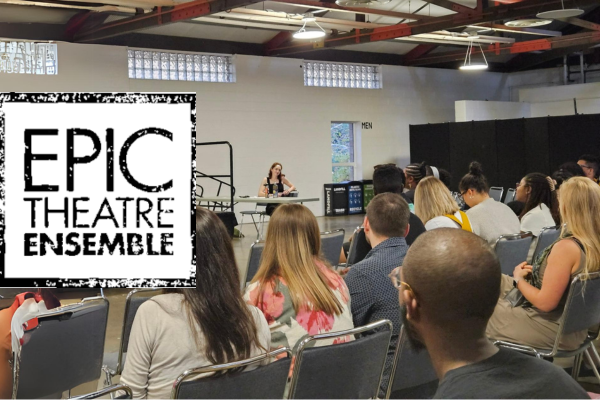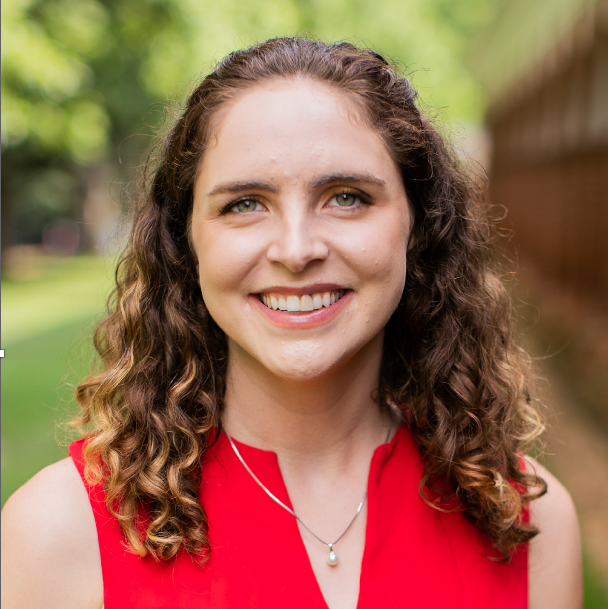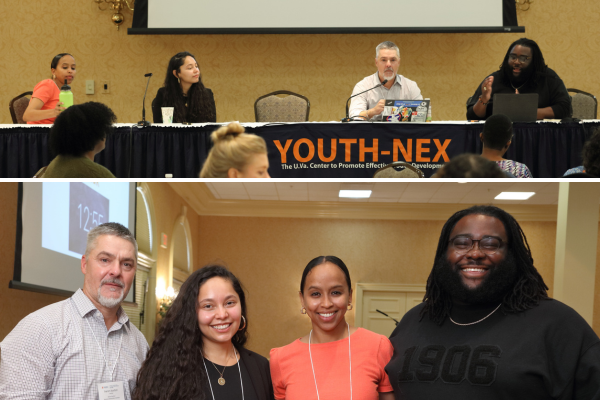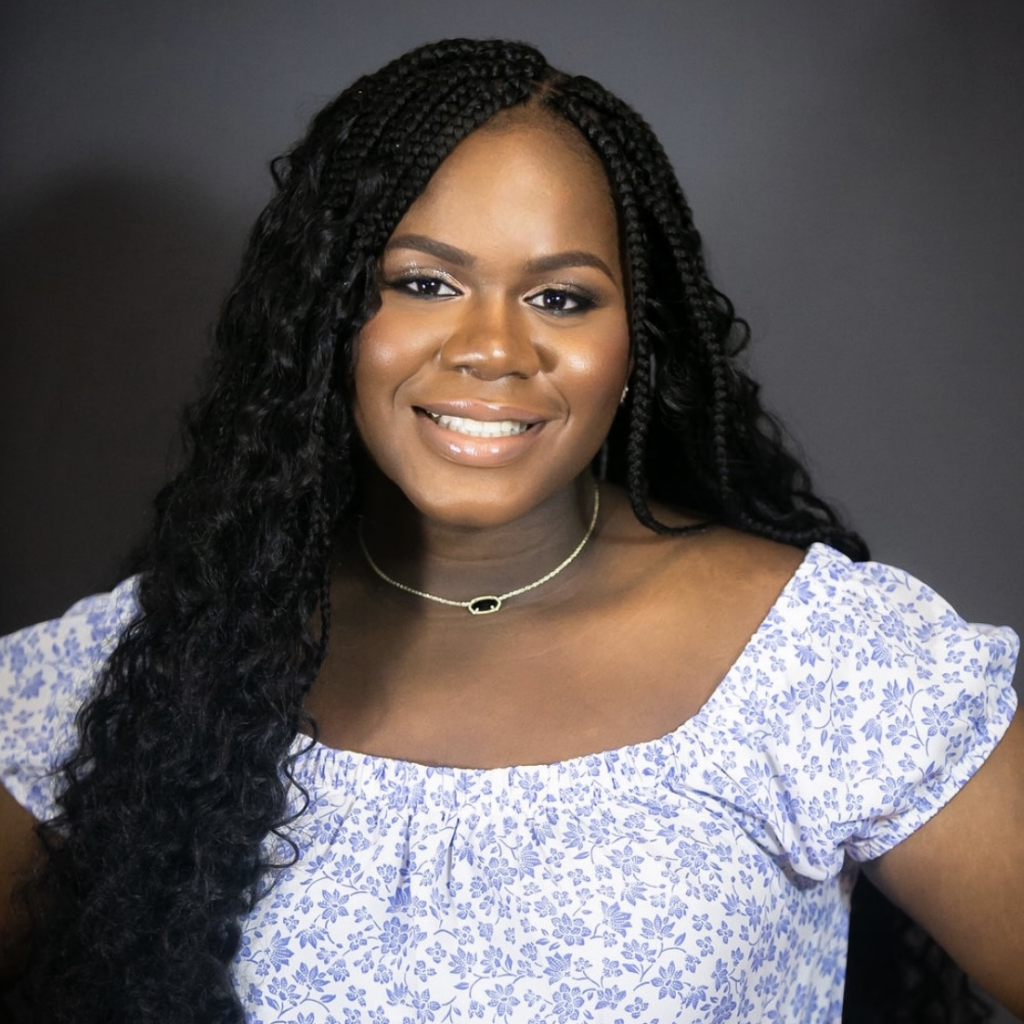By: Liz Nigro
Highlights:
- Youth spend a majority of their time in schools, yet they have very little say about what is (or is not) censored in their classrooms.
- One youth-led social justice theater troupe, the EPIC Theatre Ensemble, is touring the country at the intersection of action and art to share their teen-written plays on topics important to young people.
- Learn about their recent performance on classroom censorship and review resources relating to adult critical motivation and action.

It is estimated that youth spend on average 4-6 hours a day in classrooms, many of which are heavily adult-led and governed by policies that likely were developed without youth input. Many believe that youth deserve a say in what is happening in their learning environments, including what is censored or allowed in classrooms.
Uplifting youth voices about classroom censorship may be a key component for future policy discussions. UVA recently hosted the renowned youth-led social justice theater troupe, EPIC Theatre Ensemble, who performed a student-written play on the topic of classroom censorship, specifically bans of “critical race theory” (CRT) and lesbian, gay, transgender, queer, etc. (LGBTQ+) content.
Why Engage with the Issue of Classroom Censorship
Classroom censorship in the Commonwealth of Virginia and nationwide is a relevant and timely issue. For instance, in 2022, the VA governor released executive order one, banning the teaching of “divisive concepts,” specifically what the administration labeled CRT, in K-12 public schools. More recently, in 2023, additional guidance was released rolling back protections for transgender students. School board meeting minutes and book bans suggest Virginia residents should be increasingly concerned with suppression of historically marginalized voices.
The youth involved in EPIC are at the intersection of both action and art on every students’ right to learn. While in Charlottesville, the three high school and one college student performed a play and facilitated a dialogue about classroom censorship in front of an audience of community members, including UVA undergraduate and graduate students across schools, professors, former and current teachers, as well as current students in the K-12 system. The four players jumped between satirical sketches and longer form commentary on the state of classroom censorship. More specifically, performance highlights included an absurdist game show for teachers trying to teach histories of enslavement, civil rights, etc., without words banned in various states’ legislation, a family teacher conference discussing students’ right to learn, and student commentary. After the performance during a guided dialogue, audience members expressed how the performance cleverly illuminated tensions currently facing teachers, students, families, administrators and the public as well as glimmers of hope within resistance movements, as seen in Indiana.
Classroom Censorship Resources
Classroom censorship is a national and state issue that is important whether you are a parent, educator or youth-serving professional. Look up more about your local school board and get involved! If you are wanting to learn more, here are some additional informational resources that may be helpful:
- Book Ban Tracker
- Banned Books Week
- ACLU of Virginia Advocacy Toolkit for Banned Books and Censorship
- Cav Daily Article
- Petition: Protest Proposed Social Studies
Looking forward, the EPIC Theatre Ensemble plans to continue using art as a mechanism for social change during their upcoming southern tour, sponsored by the Southern Poverty Law Center as well as additional shows with school district partners. The non-profit also plans to continue using a UVA student-designed survey to gather information on how their work catalyzes motivation and action. Additionally, they hope to provide localized resource guides, with action suggestions, like the one created for the Charlottesville visit.
EPIC’s Mission & Work
For more than twenty years, New York City based EPIC Theatre Ensemble has worked to inspire youth to be creative and engaged citizens, encourage community collaboration, as well as enlighten and empower those involved. To achieve this mission, EPIC has a multi-prong approach:
- EPIC partners with schools throughout the country to host week-long social justice monologue writing sessions during middle or high school class periods.
- In New York City, they host EPIC Remix throughout the school year, which is an afterschool program of up to 60 students, which culminates in a theater or film performance alongside professional artists.
- Seniors in this program also receive individualized college counseling, with 100% of participants going on to college.
- EPIC Next, perhaps the most ambitious arm of the program, hires youth from EPIC Remix as summer interns to conduct interviews about pressing social justice issues and write what will become a thirty-minute-long touring play.
Topics of EPIC’s touring plays include school segregation, why become a teacher, and classroom censorship. To learn more about EPIC or to donate, please visit their website.
The UVA performance was directly followed by a dialogue and a UVA student-designed survey to gauge audience members’ critical motivation following the show. The EPIC teens also toured UVA and met with supporters like Jessica Harris, a former UVA theater major, current employee at the Equity Center, and the founder of the local non-profit, Empowered Players. The performance was supported in part by funds from the School of Education & Human Development’s Office of Diversity, Equity and Inclusions, and Youth-Nex.
In conclusion, EPIC Theatre Ensemble’s visit to UVA represents cross-school and community collaboration, mobilization to social change through the arts, and youth participatory action research partnerships.
If you have any comments or questions about this post, please email Youth-Nex@virginia.edu. Please visit the Youth-Nex Homepage for up to date information about the work happening at the center.

Author Bio: Liz Nigro is a former general and special education teacher in D.C. public and public charter schools, who is currently researching turn-around efforts and the politics of equitable schooling with her advisor, Beth Schueler. Nigro’s primary research interests include ethno-racial and socioeconomic integration in early childhood education as well as how to mobilize critical consciousness and equitable education reform. She is excited to use the quantitative survey and qualitative data collected from this event to produce a research-practice partnership product.




